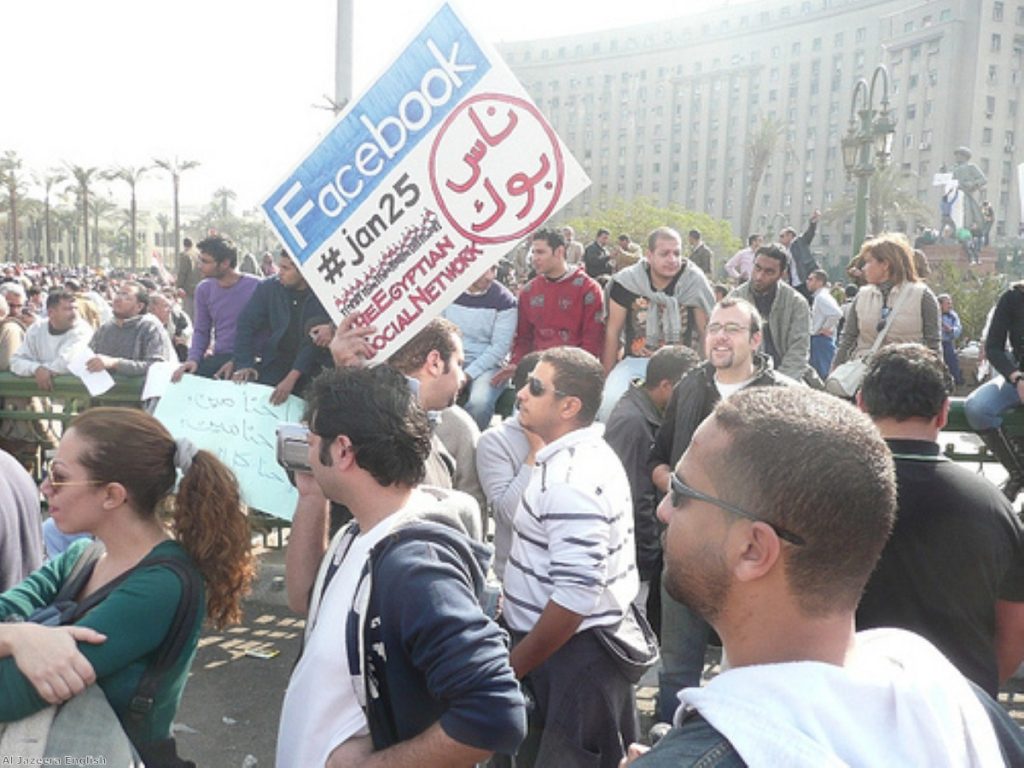Hague worried by Arab Spring risks
A failure to ensure economic benefits from the democratic awakening across the Arab world could prompt a “collapse”, William Hague has warned.
The foreign secretary used his speech at the Lord Mayor’s Easter banquet at Mansion House to raise his concerns about the future of the Middle East and North Africa.
Egypt and Tunisia, which have already ousted their presidents in a wave of popular enthusiasm for democracy, were singled out as facing an “immense economic task”.


“There is a potentially explosive tension between people’s expectations of immediate economic benefits from their revolution and the need for these new governments to take painful measures to open their economies and offer more opportunity to their citizens,” Mr Hague warned.
“We have to do our utmost to help the Arab world make a success of more open political systems and economies, and it is massively in our own interests to do so.”
The foreign secretary said he expected to see progress in Iran, Syria and other Arab countries whose governments continue to use repression, but insisted that “we are not starry-eyed” about the opportunities the Arab Spring has brought.
“There are risks ahead. All change brings the risk of instability and there are some who will seek any opportunity to create chaos,” he added.
“But legitimate grievances have to be addressed.”
In his first major speech since the death of al-Qaida leader Osama bin Laden at the weekend, Mr Hague praised the US’ achievement in hunting down the man behind 9/11.
He tied the extent of ongoing dangers from terrorism to the fate of Arab countries struggling to throw off their authoritarian governments, however.
“If the Arab Spring does lead to more open and democratic societies across the Arab world over a number of years, it will be the greatest advance for human rights and freedom since the end of the Cold War,” Mr Hague said.
“If it does not, we could see a collapse back into more authoritarian regimes, conflict and increased terrorism in North Africa on Europe’s very doorstep.”












